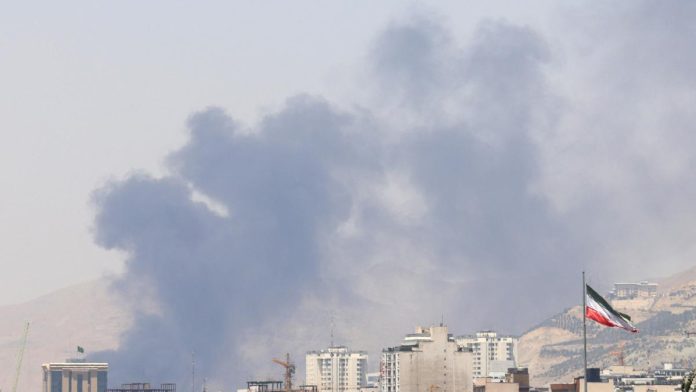Washington joins Israeli offensive against Tehran, while the United Nations warns of a potential international-scale conflict
Soldecanarias.net / International Desk
The recent United States attack on three nuclear facilities in Iran has sparked a wave of international reactions, exposing the deepening diplomatic divide on the global stage. The military operations, carried out Saturday against Fordow, Natanz, and Isfahan, mark a new turning point in the Middle East conflict.
The U.S. has openly aligned itself with Israel, which had launched its own offensive on Iranian soil a week earlier. According to Israeli Prime Minister Benjamin Netanyahu, the military action seeks to “definitively neutralize the Iranian nuclear threat” a stance explicitly backed by Washington. In a televised statement, President Donald Trump described the bombings as “an unprecedented strategic victory.”
Guterres Calls for Restraint
UN Secretary-General António Guterres responded swiftly and firmly. From the UN headquarters, the Portuguese diplomat expressed “deep concern over the military escalation in an already highly volatile region” and warned that if hostilities are not stopped, the conflict could “have catastrophic consequences for humanity.”
Guterres urged the international community to uphold the fundamental principles of international law, emphasizing the urgent need to return to diplomatic dialogue as the only sustainable path to resolving the Iranian nuclear dispute.
Global Reaction: Fragile Balance
International responses have been mixed. Russia and China have strongly condemned the U.S. intervention, accusing Washington of “fueling chaos” and bypassing multilateral mechanisms for conflict resolution. Meanwhile, the European Union has called for restraint from all sides, though key members like France and Germany have expressed “serious reservations” about the legitimacy of using force outside the UN Security Council framework.
In Latin America, reactions are varied: while countries like Brazil and Argentina have called for neutrality and adherence to international law, others—such as Venezuela—have condemned the move as “a new imperialist aggression.”
Escalation Without a Clear Endgame
Iran’s response was swift. In the hours following the attack, Tehran launched missiles that hit both military bases and civilian areas in Israel. The risk of a full-scale regional conflict with multiple fronts and actors is growing as diplomacy fails and military solutions take center stage.
In this climate of maximum tension, hopes for a peaceful resolution are fading. International analysts warn that the conflict could spill over into neighboring countries, disrupt key trade routes, and threaten global energy stability.
Today, the international community faces an urgent dilemma: take decisive action to stop a potentially global war or watch as the world order teeters on the edge once again.



